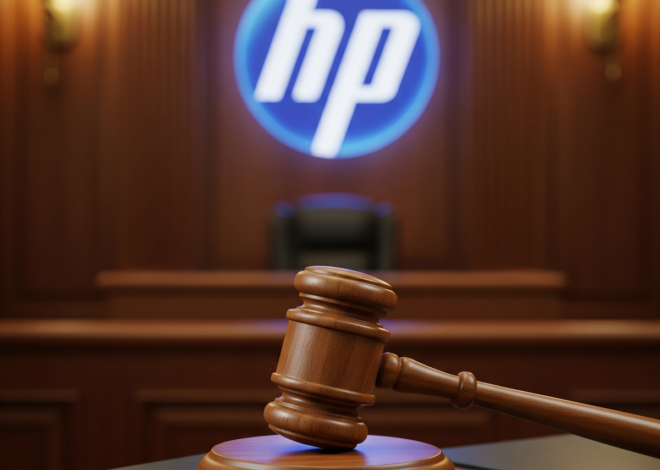
Ford’s Chinese Battery Plant Under Scrutiny Amid Military and Human Rights Concerns
- The controversy adds to existing scrutiny over Ford’s collaboration with Chinese battery maker CATL, with lawmakers pushing for a Commerce Department probe and potential export restrictions on Chinese firms involved in the facility’s processes.
- In a recent development, chairs of two U.S. House committees have called on the Biden administration to investigate four Chinese companies allegedly involved in Ford Motor’s planned Michigan battery plant. The lawmakers claim these companies have direct links to the Chinese military, Chinese Communist Party, North Korean government, and alleged human rights abuses in China’s Xinjiang region.
U.S. House committees have urged the Biden administration to investigate four Chinese companies allegedly tied to Ford’s Michigan battery plant, citing links to the Chinese military, Communist Party, North Korean government, and human rights abuses.
Controversy Surrounding Ford’s Battery Plant
Ford’s Michigan battery plant has faced criticism for its collaboration with Chinese battery maker CATL (Contemporary Amperex Technology Co. Ltd). The lawmakers, including Representative Mike Gallagher and Representative Cathy McMorris Rodgers, are pushing the Commerce Department to probe and potentially impose export restrictions on the Chinese companies involved in the facility’s design, construction, and information technology (IT) processes.
Secrecy Shrouds Chinese Company Identities
The identity of the four Chinese companies under scrutiny remains confidential as the committees, after reviewing records provided by Ford, are not authorized to disclose their names publicly. This secrecy adds another layer of complexity to the unfolding investigation.
Ford’s Response and Compliance Assurance
Ford responded to the allegations by emphasizing its adherence to government regulations and higher standards, including human rights protection, across its business operations. The automaker asserted that its suppliers are obligated to meet these stringent standards and extend them to their own partners.
Congressional Demands for Documents and Testimony
This isn’t the first time Ford has been under scrutiny. In September, Representatives Gallagher and McMorris Rodgers demanded documents from Ford related to its partnership with CATL, threatening CEO Jim Farley with a congressional testimony. In their latest letter, the lawmakers have requested an interview with a Ford official to discuss the due diligence conducted before and after entering into agreements with CATL.
Concerns Over U.S. Tax Subsidies and Chinese Technology Dependence
Republicans have been investigating Ford’s battery plant for months, expressing concerns about potential U.S. tax subsidies flowing to China and Ford’s reliance on Chinese technology. Ford asserts that the battery plant remains under its complete ownership and operation.
Linking Chinese Company to Military and North Korea Ties
The committees claim that the Ford-CATL agreement places a Beijing-based company in charge of the concept design for the Michigan battery plant. This same Chinese entity is alleged to provide engineering design services to China’s military. The lawmakers have also called on the Treasury and State Departments to investigate potential sanctions evasion by a Chinese company supplying IT tools for the Michigan plant with reported ties to North Korea.
Human Rights Concerns in Xinjiang Region
Amidst these controversies, human rights groups accuse Beijing of engaging in abuses against Uyghur inhabitants in Xinjiang, including forced labor. The Chinese government denies these allegations.
Ford’s Investment Scaling Back
In November, Ford significantly reduced its investment and capacity for the Michigan plant, initially planned at $3.5 billion, scaling down to a $2 billion investment. The decision followed a temporary work pause two months earlier, reflecting the intricate challenges Ford faces in navigating geopolitical concerns and regulatory scrutiny.


